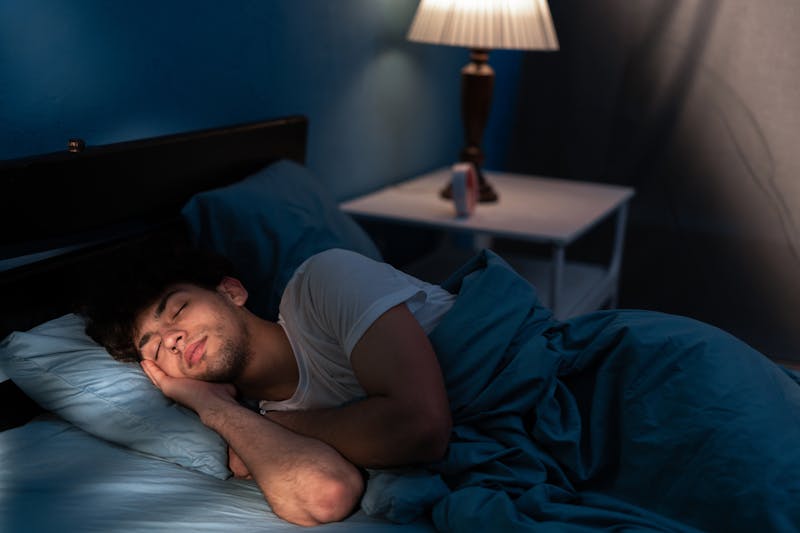
Sleep apnea is a common sleep disorder that affects millions of people worldwide. It is characterized by pauses in breathing or shallow breathing during sleep. While most people are aware of the potential health risks associated with sleep apnea, such as heart disease and stroke, there is also growing evidence to suggest a link between sleep apnea and seizures.
If sleep apnea has been a cause of concern for you, rest assured our team of specialists at Louisiana ENT Specialists is here to guide you and help you navigate this journey. First, let’s explore the relationship between sleep apnea and seizures and discuss the potential impact on individuals dealing with both conditions.
Understanding Sleep Apnea
Before delving into the potential connection with seizures, let's first understand what sleep apnea is. Sleep apnea is a disorder in which breathing repeatedly stops and starts during sleep. There are three main types of sleep apnea: obstructive sleep apnea, central sleep apnea, and complex sleep apnea syndrome. Obstructive sleep apnea is the most common form and occurs when the throat muscles relax, leading to a blocked airway. Central sleep apnea, on the other hand, occurs when the brain fails to send the appropriate signals to the muscles that control breathing. Complex sleep apnea syndrome is a combination of both obstructive and central sleep apnea.
The Link Between Sleep Apnea and Seizures
Recent studies have suggested a potential association between sleep apnea and seizures. Seizures are sudden, uncontrolled electrical disturbances in the brain that can cause changes in behavior, movements, and awareness. While the exact mechanisms underlying the relationship between sleep apnea and seizures are not fully understood, several factors may contribute to this link.
One possible explanation is that the intermittent drops in oxygen levels during sleep apnea episodes can trigger abnormal electrical activity in the brain, potentially leading to seizures. Additionally, the fragmented sleep patterns and sleep deprivation associated with untreated sleep apnea may also lower the seizure threshold, making individuals more susceptible to experiencing seizures.
How It Impacts You
If you’ve been dealing with both sleep apnea and seizures, the impact on your quality of life can be significant. These conditions can lead to excessive daytime sleepiness, fatigue, and cognitive impairment. Furthermore, the risk of accidents and injuries due to daytime drowsiness is heightened, posing a serious concern. But don’t worry; there is help and hope available to you.
Seeking Professional Help
Given the potential link between sleep apnea and seizures, if you are experiencing both conditions, it’s crucial to seek comprehensive medical evaluation and treatment. Managing sleep apnea through continuous positive airway pressure (CPAP) therapy or other effective treatments can help improve breathing during sleep and minimize the associated risks.
If you suspect that you or a loved one may be experiencing both sleep apnea and seizures, we recommend contacting us today for a consultation. We’ll work closely with you to determine the right course of action. This may also include lifestyle modifications such as maintaining a healthy weight, avoiding alcohol and sedatives, and establishing a consistent sleep schedule. Combining these strategies with our treatment methods can yield truly transformative results.
We’re Here to Help
As you can see, while the relationship between sleep apnea and seizures is complex and multifaceted, it is essential to recognize the potential impact of these conditions on your well-being. By holistically addressing sleep apnea and seizures, you can improve their quality of life and reduce the associated health risks.
Prioritizing sleep health is an integral part of overall wellness, and addressing sleep apnea and its potential implications, including the risk of seizures, is a crucial step toward achieving a healthier and more fulfilling life. If you have any further questions or concerns, please do not hesitate to contact our team of ent specialists. Your well-being is our priority, and we are here to support you every step of the way.

